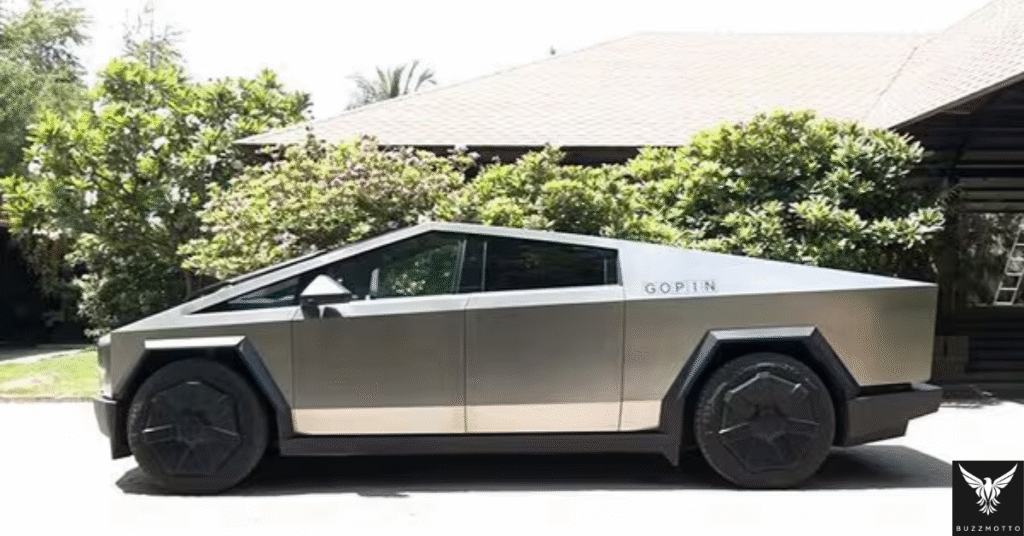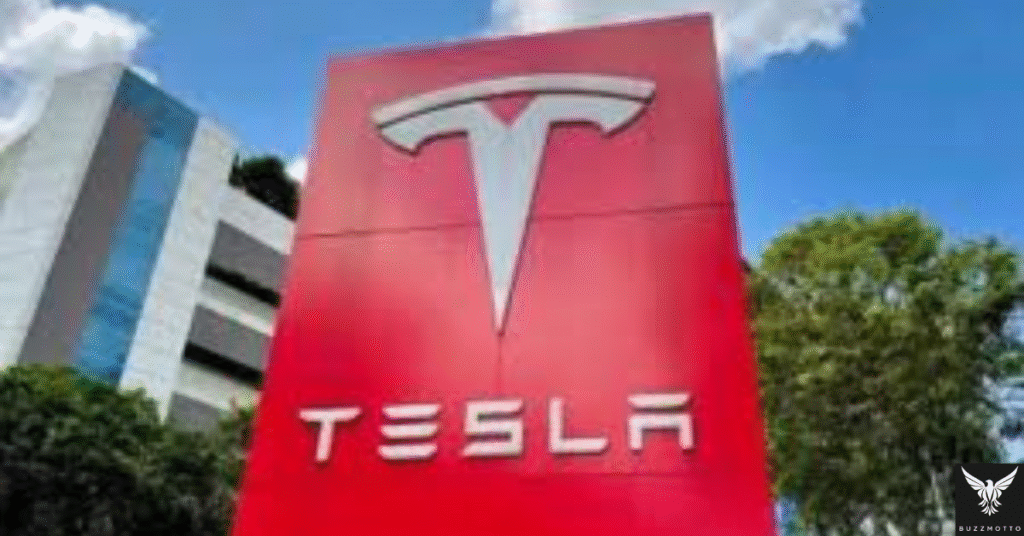Table of Contents
The Indian automotive landscape is all set to witness a revolutionary shift as American electric vehicle giant Tesla gears up to inaugurate its first physical presence in the country. After years of speculation, discussions, and delays, Tesla’s first-ever showroom in India is expected to open in Mumbai by July 2025, marking a significant milestone in the brand’s journey toward capturing the Indian market.
This development is not just another car brand opening a dealership—it represents a major leap in India’s transition to sustainable transportation and underscores the country’s growing relevance in the global EV market. Here’s everything you need to know about Tesla’s long-anticipated foray into India.
Why Tesla’s Entry Into India Is a Big Deal
India is currently the third-largest automobile market in the world, following China and the United States. With rising environmental concerns, government policies promoting electrification, and a steadily increasing consumer interest in electric vehicles (EVs), the Indian auto industry is ripe for disruption.
Tesla’s arrival into this market has been delayed for years due to policy challenges, particularly high import duties and debates over local manufacturing. However, after several rounds of negotiation and a pivotal meeting between Tesla CEO Elon Musk and Indian Prime Minister Narendra Modi earlier this year in the U.S., things have finally fallen into place.
This showroom launch isn’t just a business move—it’s a strategic statement. It signals Tesla’s commitment to India and opens the door for Indian consumers to access one of the most prestigious EV brands globally.

First Stop: Mumbai, India’s Financial Capital
According to Bloomberg reports, Tesla’s first retail outlet in India will be located in Mumbai, Maharashtra—India’s financial nerve center and a city known for its cosmopolitan clientele and rapidly evolving luxury market.
Mumbai, with its high urban density, burgeoning middle and upper-middle classes, and improving EV infrastructure, makes a logical starting point for Tesla. The city already boasts several charging stations, and plans are underway to scale up EV-friendly infrastructure across the state.
Following the Mumbai launch, New Delhi is likely to be the next destination, aligning with Tesla’s plan to expand its physical presence in other major metropolitan areas of India.
The Star of the Show: Tesla Model Y
As per inside sources, the first model to hit Indian roads will likely be the Tesla Model Y—a mid-size electric SUV that has been spied multiple times undergoing testing across Indian highways.
Why Model Y?

The Model Y sits perfectly in the segment currently dominated by premium SUVs and crossovers in India. It offers:
- A practical size for Indian urban conditions
- Roomy interiors suitable for families
- Robust performance with Tesla’s signature electric drivetrain
- Impressive safety ratings and global popularity
The model likely to be introduced first is the rear-wheel-drive (RWD) variant, which will be imported from Tesla’s Gigafactory in Shanghai, China. This move enables Tesla to bypass immediate investments in manufacturing while still making a swift entry into the Indian market.
Strategic Imports and Logistics in Play
In preparation for its Indian launch, Tesla has reportedly imported Supercharger components, spare parts, car accessories, and branded merchandise from multiple international locations, including China, the U.S., and the Netherlands. These imports suggest that the company is laying the groundwork not just for vehicle sales but also for after-sales service, fast-charging infrastructure, and premium customer experiences—elements that are crucial to Tesla’s global brand image.
The imported supercharger units could be a game-changer in India’s slow-growing fast-charging ecosystem. Currently, one of the major barriers to EV adoption in India is the lack of widespread, reliable, and high-speed charging networks. Tesla’s proprietary Supercharger technology might provide a serious competitive edge in this regard.
Price Tag and Affordability: A Concern?
According to early estimates, the Tesla Model Y could be priced at over $56,000, which translates to approximately ₹48.5 lakh before taxes and duties. However, the final on-road price could be significantly higher due to India’s current import tax structure, which imposes up to 100% duty on fully built imported vehicles.
Tesla’s pricing strategy will be critical in determining the success of its India operations. While there is certainly a niche market for luxury EVs, especially in metro cities, pricing the Model Y too high may limit Tesla’s reach in a price-sensitive market like India.
Elon Musk has previously hinted at a more affordable, India-specific model, but that appears to be a long-term plan tied to local production, which isn’t on the immediate horizon.
A Long Road to Arrival: Tesla’s Delayed Entry Explained
Tesla’s entry into India has been in the works for nearly a decade, but a combination of policy roadblocks and strategic misalignments caused multiple delays. The Indian government was insistent on local manufacturing, while Tesla pushed for lower import duties to test the waters before making long-term commitments.
The turning point came earlier this year, when Elon Musk met PM Modi in the United States. Following this high-profile meeting, the Indian government reportedly agreed to a modified EV policy, offering temporary tax relaxations and easing certification processes, in a bid to woo Tesla and other global EV giants.
This policy shift is expected to catalyze not just Tesla’s operations but also boost foreign direct investment (FDI) in India’s EV ecosystem.
What’s Next? Expansion, Localization, and More Models
While Tesla is starting with showrooms and imported vehicles, the future roadmap is expected to involve:
- Local assembly plants or gigafactories, possibly in Gujarat or Maharashtra
- Launch of more models like the Model 3, Cybertruck, or even upcoming compact EVs
- Local partnerships for battery recycling, EV components, and software integration
- Expansion of Tesla’s Supercharger network across India’s urban and highway networks
- Creation of an India-specific Tesla app experience, integrated with services like UPI and Indian languages
How Will Indian EV Makers React?
Tesla’s arrival in India will inevitably shake up the domestic EV market. Brands like Tata Motors, Mahindra Electric, and BYD India, which currently lead in EV sales, will face a new level of competition—especially in the premium segment.
Tesla’s presence could act as a catalyst for overall EV adoption in India. The brand’s global reputation, futuristic technology, and clean energy vision can generate broader public interest and push local players to innovate faster.
Final Thoughts: Is India Ready for Tesla?
Tesla’s impending launch in India is undoubtedly one of the biggest auto industry events of 2025. It comes at a time when India is actively trying to meet its Net Zero emissions targets, and electric mobility is seen as a major tool to reduce urban pollution and fuel dependency.
While challenges like high pricing, infrastructure gaps, and policy fluidity remain, Tesla’s calculated entry shows confidence in India’s potential. If the company successfully navigates the initial hurdles, it could play a transformative role in shaping the future of Indian mobility.
Stay tuned to Buzzmottoo for more..

